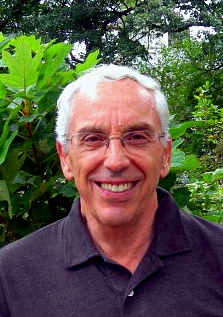
Michael Palmer, Aesthetic Realism associate, writes:
An industry that continues to thrive in the US economy is that of physical fitness. The gyms are as popular as ever. While being in good shape is important, a man can see having a great physique as a shortcut to liking himself. As a former radio sportswriter with WCBS and the ABC Radio Network, I’m interested in the question “How will a man be at his strongest, his best?” It’s a question that Aesthetic Realism takes seriously.
It is discussed in the issue of The Right of Aesthetic Realism to Be Known titled “Fitness, Chaucer, and Ethics.” In this issue, editor Ellen Reiss places fitness in relation to the whole self of a person and also to world culture. She writes:
The basis of Aesthetic Realism is this principle, stated by Eli Siegel: “All beauty is a making one of opposites, and the making one of opposites is what we are going after in ourselves.” The chief opposites in everyone’s life, whether we are lifting weights or reading Paradise Lost, are Self and World. And Mr. Siegel explained what all the various therapists and counselors haven’t seen: the way we judge ourselves, however unconsciously, is an ethical and also aesthetic way—it is not on whether we have praise from others, career success, or fine muscle tone; it is on whether we are trying, with our thought and feeling, to be fair to the world.
As a person who likes going to the gym on a regular basis, I love this explanation—it gives you a beautiful direction and purpose, a way to really respect yourself.
Also in this issue is an important paper by photographer and Aesthetic Realism associate Len Bernstein titled “Mind, Body, and Kindness.” >>Read more